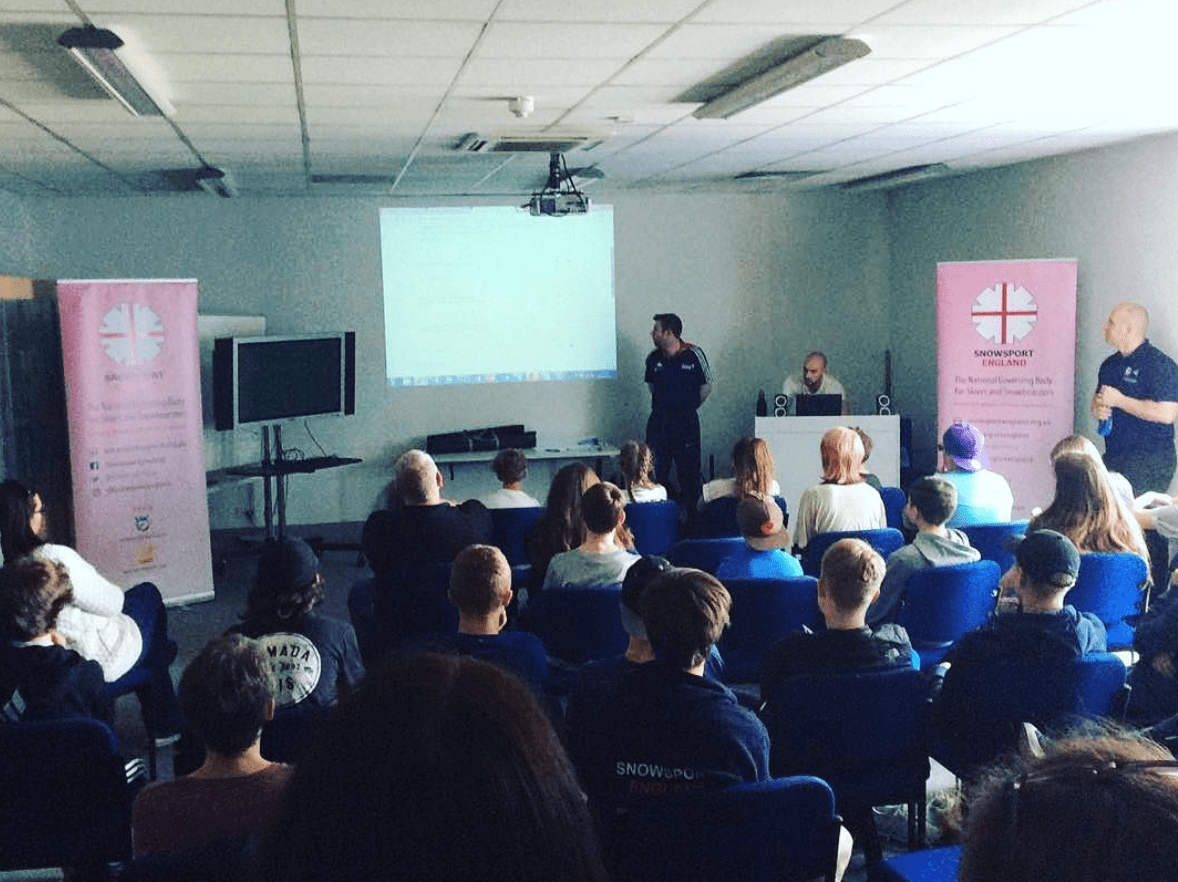Concussions are a rising issue and are being taken more seriously than ever before, writes Tom Heeley.
The prehistoric treatment of a cold sponge on the back of the neck and a quick check if an athlete can open their eyes is rapidly being phased out of all levels of sport. It’s hard to believe just how differently the injury used to be ‘treated’.
Concussion rates have tripled or even quadrupled in the last 10 years – depending on what you read – and these numbers are due to rise further in many sports.
There is now more exposure in the media and even more pressure on medical professionals to recognise the symptoms and issues associated with head injuries and secondary head injuries.
Currently medical professionals work to a seven-day protocol following a concussion. This protocol can only be followed if a baseline concussion Sport Competition Anxiety Test (SCAT) has been completed prior to any incident.
Rugby, skiing and football are taking it very seriously now
The SCAT test outlines an individual’s ability to respond to short and long-term memory questions, balance and symptom evaluations. The results of this baseline SCAT are then compared to a test completed post-head injury or concussion.
Rugby, skiing and football are starting to take this very seriously now and it has become mandatory in some sports to complete the SCAT test in pre-season and to follow the rigid guidelines before returning to play.
Our contract with the British Ski and Snowboard squad means that we have been recently testing their athletes at training camps, now that the winter season has come to an end.
For enquiries into how you can organise baseline concussion tests for your team or organisation, call Function Jigsaw on (0116) 3400 255.
Read more: Stunning triathlon win for cycling champion Matt Bottrill after undertaking FJ Performance plan.
Read more: Are you a therapist looking for a room to hire and treat clients?








